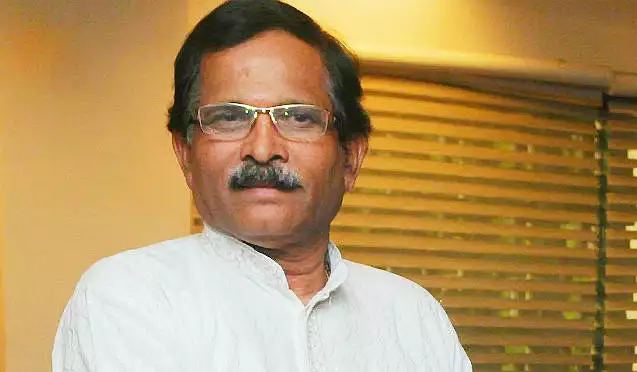
New Delhi: The AYUSH sector has experienced exponential growth, expanding from USD 2.85 billion in 2014 to USD 43.4 billion in 2023, according to Shripad Yesso Naik, Minister of State for New and Renewable Energy. Addressing a press conference, Naik also highlighted a significant increase in exports, which doubled from USD 1.09 billion to USD 2.16 billion during the same period.
Naik attributed this growth to transformative advancements by the Ministry of AYUSH (Ayurveda, Yoga and Naturopathy, Unani, Siddha, and Homoeopathy) since its establishment in 2014 under Prime Minister Narendra Modi. These efforts have positioned India as a global leader in traditional medicine while aligning with the United Nations Sustainable Development Goals (SDGs) and Universal Health Coverage (UHC).
Achievements in Infrastructure and Education
India now boasts over 7,55,780 registered AYUSH practitioners, 886 undergraduate and 251 postgraduate institutions enrolling nearly 67,093 students annually. Additionally, there are 3,844 AYUSH hospitals and 36,848 dispensaries, with the majority in the government sector.
Three advanced satellite centres were inaugurated in December 2022—AIIA in Goa, NIUM in Ghaziabad, and NIH in Delhi—offering 400 seats across academic programs and 550 hospital beds.
Research and Innovation Milestones
The AYUSH Research Portal now hosts over 43,000 studies, emphasizing evidence-based healthcare. Key developments include AYUSH-64 and Kabasur Kudineer for COVID-19 management, along with collaborations with leading institutions such as CSIR, ICMR, and AIIMS to establish Centres of Excellence.
Digital and Technological Integration
Naik underscored the role of digital initiatives like Ayush Grid, e-Sanjeevani telemedicine, and AI integration in enhancing healthcare delivery. AYUSH telemedicine, in particular, has been pivotal in reaching remote areas.
Global Outreach and Partnerships
India’s global presence in AYUSH has expanded with 24 country-level and 48 institute-level Memorandums of Understanding (MoUs), along with 15 academic chairs to promote AYUSH education. Ayush Information Cells in 39 locations across 35 countries have become hubs for raising awareness and facilitating collaboration.
India has also partnered with 103 countries to promote AYUSH systems, leading to the establishment of the WHO Global Traditional Medicine Centre in Jamnagar and the inclusion of traditional medicine in the ICD-11 classification in 2024. Initiatives like the Ayush Visa and Heal in India portal have further boosted medical tourism.
International Yoga Day (IDY) Success
Naik highlighted the growing impact of IDY, first celebrated in 2015, with participation expanding to 192 countries by 2023. Innovative concepts such as the Guardian Ring of Yoga and the Ocean Ring of Yoga symbolized global interconnectedness.
In IDY 2024, participation reached 245.3 million, with significant involvement from schools, Anganwadi centres, and Indian embassies. Social media engagement exceeded 34.89 million, underscoring the event’s global appeal.
Ayurveda Day 2024 Initiatives
Prime Minister Modi’s 9th Ayurveda Day, themed “Ayurveda Innovations for Global Health,” marked the launch of projects worth ₹12,850 crore, including Phase II of the All India Institute of Ayurveda and AYUSH Centres of Excellence. The event saw participation from over 150 countries.
Naik highlighted the nationwide Desh Ka Prakriti Parikshan Abhiyan, which mobilized 4,70,000 volunteers to promote Ayurvedic preventive healthcare and aims to set multiple Guinness World Records.
Vision for the Future
“The Ministry of AYUSH is committed to innovation, global partnerships, and integrating traditional Indian medicine with modern healthcare. India is poised to lead the world in holistic and sustainable healthcare solutions,” Naik concluded.